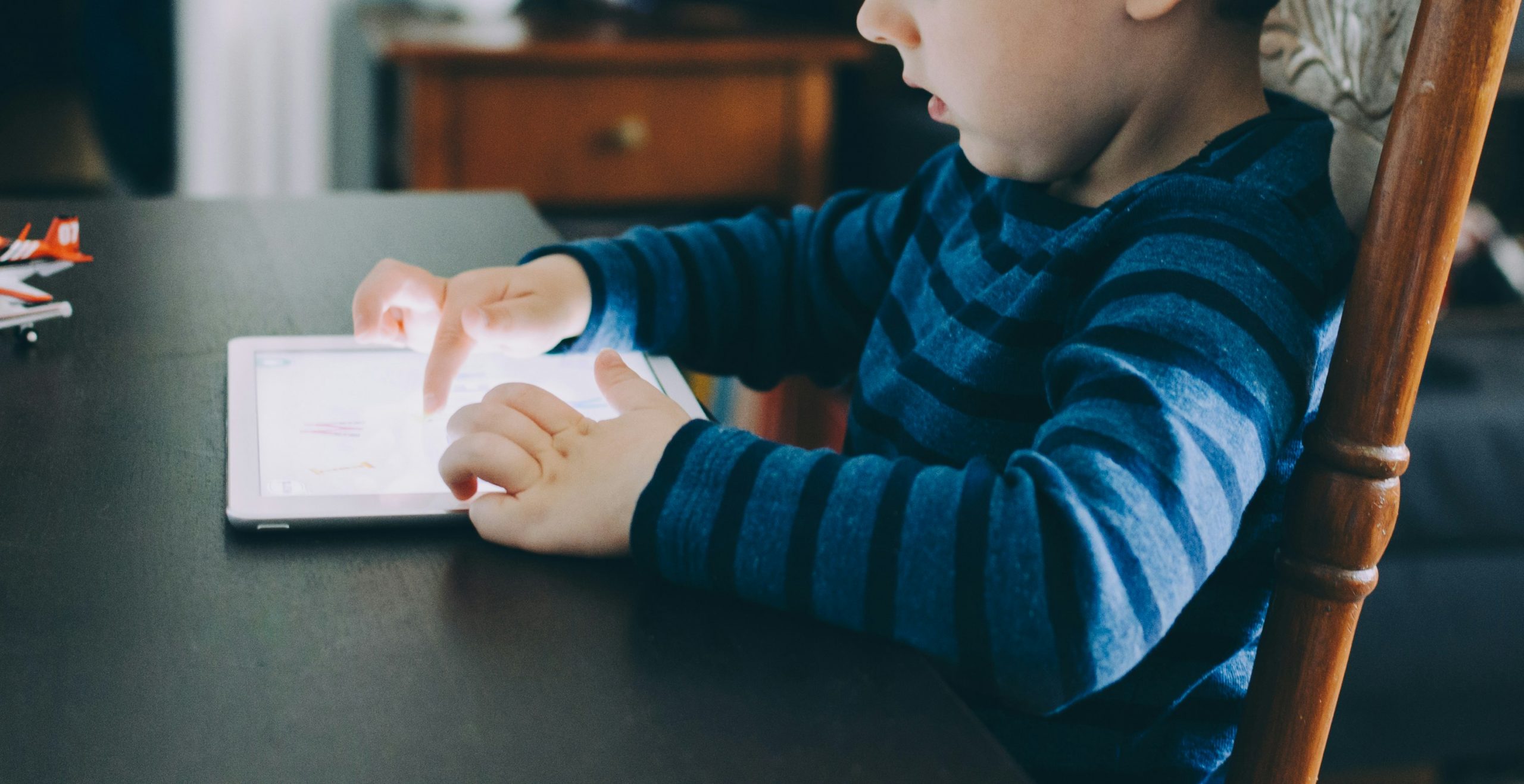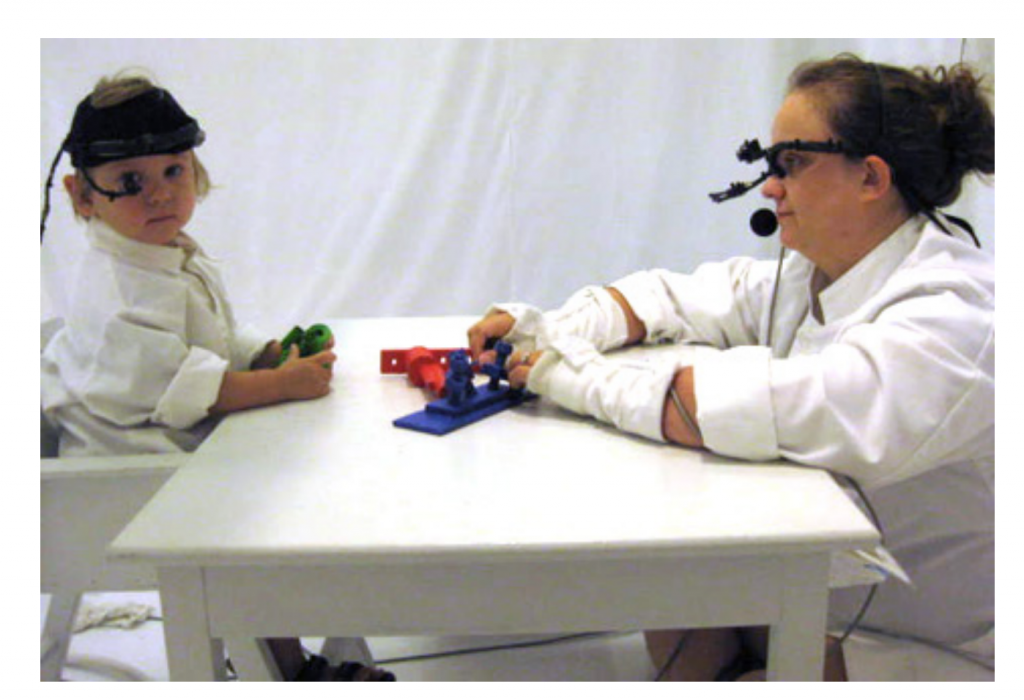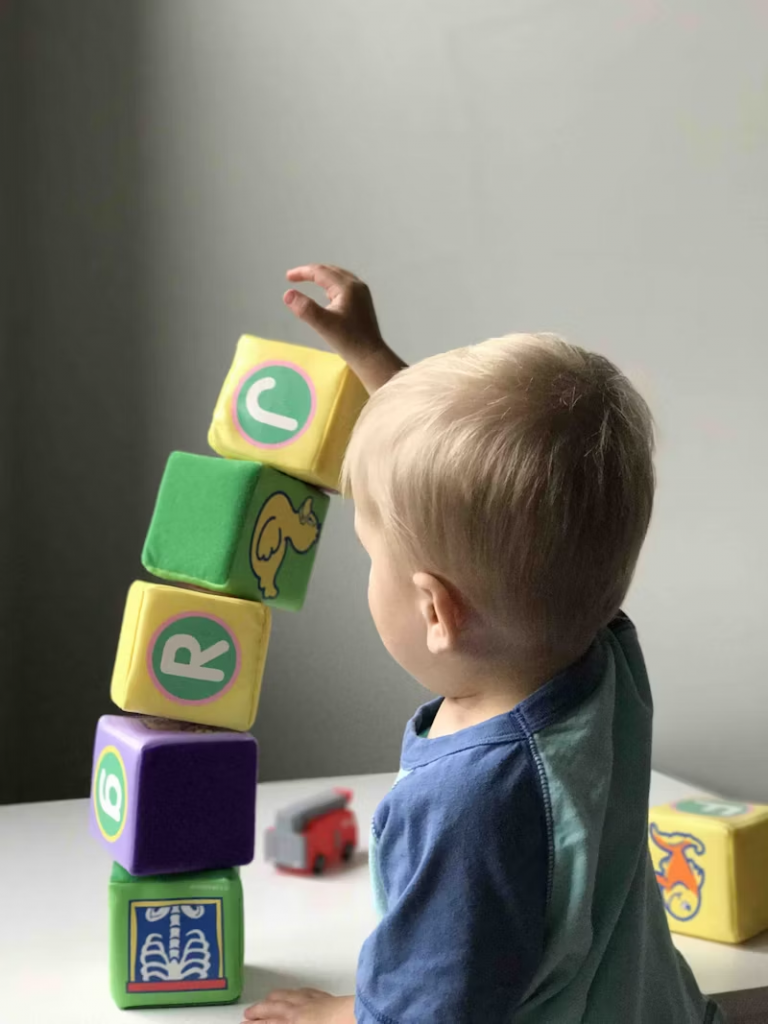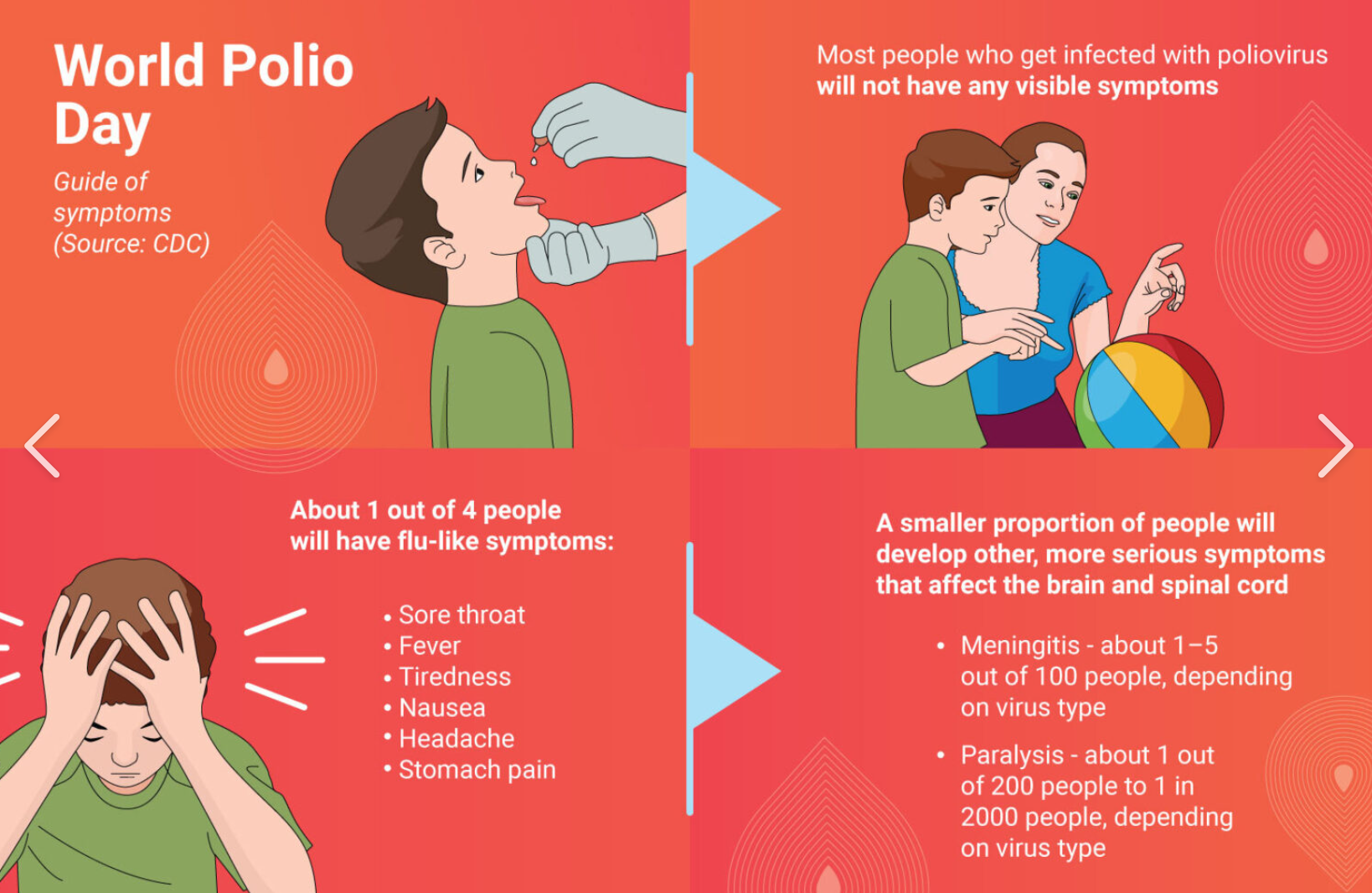
Imagine this: Your 3-year-old is sitting on the floor, completely engrossed in building a tower with their favorite blocks. They’re so focused, they might as well be in a Zen meditation retreat. But then, the “supportive” relatives kick in:
“What are you building, sweetheart? Wow, that’s amazing! Are you thirsty? Here, have some water! Oh no, you’re doing it wrong, let me show you…”
Sound familiar? These well-meaning comments might seem like pure love, but they could be quietly sabotaging your child’s ability to focus.
How Well-Meaning “Love” Can Break Your Child’s Focus
Dr. Chen Yu, a professor of psychology and brain science at Indiana University, conducted a fascinating study that revealed a surprising connection between a baby’s focus and the behavior of the adults around them. The study used eye-tracking technology—think of it as wearable spy glasses for babies and parents. By analyzing the eye movements of both parties, researchers could measure their levels of attention.

In the experiment, 40 pairs of 12-16 month-old babies and their parents were observed. The goal? To understand how parental interaction affects a baby’s ability to sustain attention. The results were eye-opening (pun intended):


Babies who were left to play on their own were often interrupted by overzealous parents. These parents either waved toys in front of their babies’ faces or constantly guided them on how to play. Unfortunately, the babies didn’t seem to appreciate these “helpful” intrusions. Instead of focusing on the toys, their eyes wandered to the ceiling or their parents’ shoulders. Once interrupted, they struggled to regain their concentration on the toys.
Why Interruptions Hurt Focus
According to Dr. Ye Zhuang, a member of the American Psychological Association and a master’s graduate in developmental and educational psychology from the Chinese Academy of Sciences, focus is a continuous cognitive activity. When a baby is deeply engaged in playing with a toy, an interruption like “Have some water” or “Let me show you how to do it” disrupts this flow.

Moreover, our attention is like a limited budget. When a baby is focused on one thing, it’s hard for them to switch to another. Interrupting a baby in their zone can harm their ability to maintain focus, potentially affecting their long-term focus skills.
The Best Way to Play with Your Child
So, what’s the right approach? Should you just leave the room and let your child play alone?

Not at all. The study also found that there are two types of playtime interactions: “parent-led” and “child-led.”
In “child-led” interactions, parents observe and guide rather than dominate. They let the child explore on their own, patiently waiting until the child shows interest in a toy before gently joining in. This approach not only maintains the child’s focus but also has a surprising side effect: even if the child loses interest, seeing the parent still engaged with the toy can bring their attention back.
Researchers discovered that in “child-led” play, the more focused and engaged the parent was, the longer the child’s sustained attention lasted.
Focus is Protected, Not Taught
In conclusion, a child’s focus is something we protect through mindful interactions, not something we forcefully cultivate. So next time your little one is deeply engrossed in their play, resist the urge to interrupt. Instead, watch, wait, and join in only when invited. By doing so, you’re not just playing—you’re nurturing their ability to focus and explore the world around them.







Leave a Reply